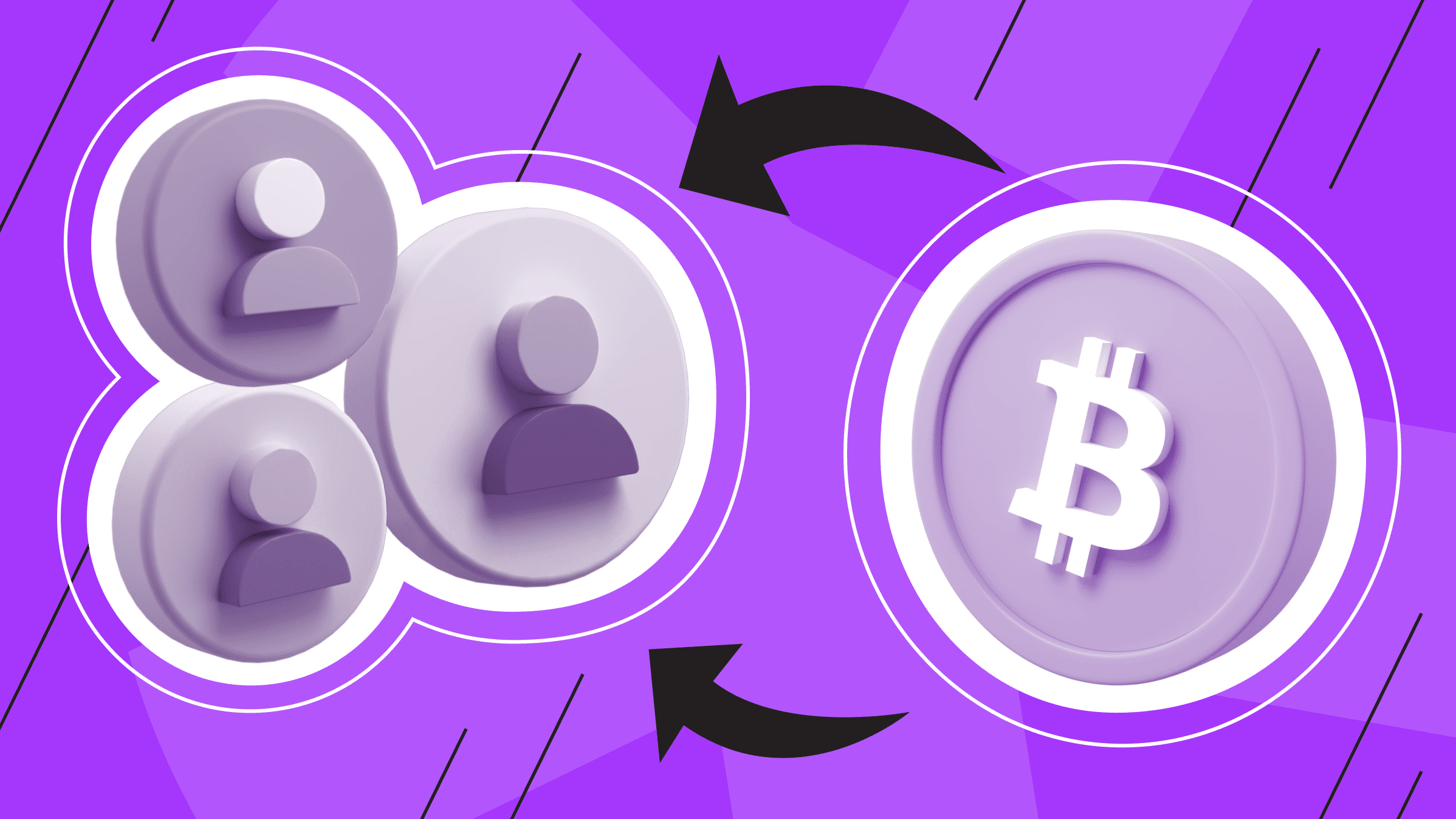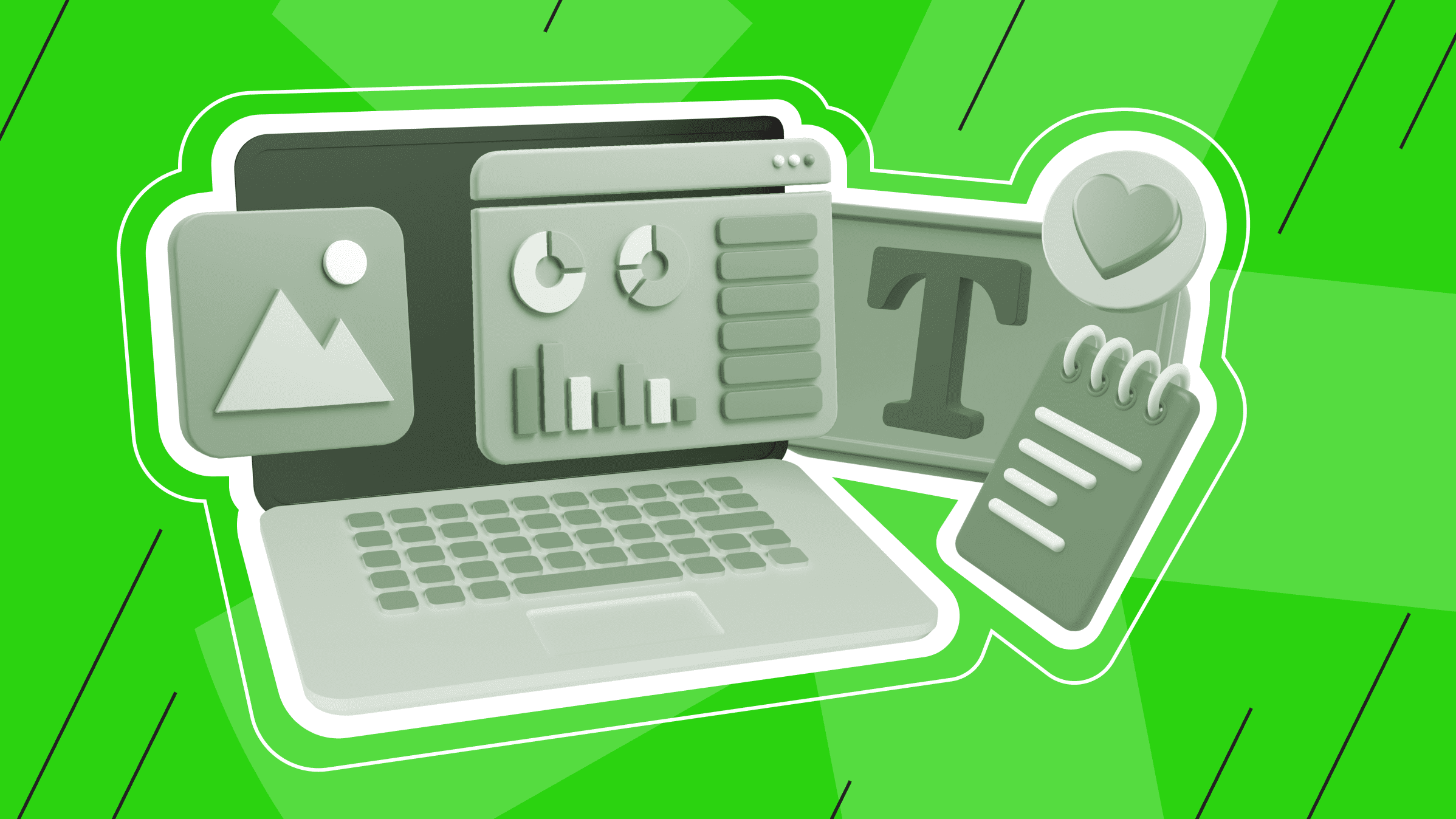
Behind every revolutionary approach and technology, there are always talented people whose ideas, efforts, and dedication contribute immensely to development and progress. So, while technologies and approaches may be fundamental to their time, it is important to recognize and appreciate the contributions and influence of the people behind them.
Today, we will talk about the creators and developers of Bitcoin Core and those who have invested efforts in developing this software.
Bitcoin Core review
Today, Bitcoin.org is an independent open source project with developers worldwide. All regular activity is organized through a public pull request process and managed by the site's co-owners, who also own the final release rights.
However, before reaching its current large-scale development, Bitcoin.org was backed by Satoshi Nakamoto (a person or group of people) and Martti Malmi. When Nakamoto left the project, he transferred domain ownership to people outside of the Bitcoin developers. This decision was made to spread responsibility and prevent one person or group from easily taking control of the Bitcoin project.
Between 2011 and 2013, the site was primarily used to release new versions of software called Bitcoin Core. Today, Bitcoin Core is open source software that acts as a Bitcoin node and wallet with full blockchain validation capabilities. This software is the final implementation of the Bitcoin protocol. Nakamoto originally named the technology Bitcoin, but later decided to separate it from the network and gave it its modern name.
The History of Bitcoin Core

Genesis of Bitcoin Core
Satoshi was actively involved in the project, updating the code until the end of 2010. After he left the project, the roles of project leader and GitHub administrator were divided among several people. The roles rotate every few years.
Bitcoin can only function properly if there is complete consensus among all users. Therefore, all users and developers are incentivized to accept and protect that consensus.
Anyone can suggest code changes, test, review, and comment on open pull requests. Anyone who contributes code, reviews, tests, translations, or documentation to the Bitcoin Core project is considered a contributor. This is what makes Bitcoin Core so global.
Project maintainers have access to commits and are responsible for merging patches received from contributors. They also perform final checks on the security of the patches and their compliance with the project goals. The role of maintainers is defined by agreement with the project participants in accordance with the Bitcoin Core principles of openness.
Development and growth of the team: Bitcoin Core team members

Over time, Bitcoin Core attracted the attention of the developer community, which became actively involved in the development and maintenance of the software client. The development of Bitcoin Core became an open and collaborative process involving input and discussion from many developers worldwide.
Bitcoin Core has grown from a small team to a large community. Various developers and organizations have made suggestions, bug fixes, and improvements to Bitcoin Core to ensure its reliability, security, and functionality.
Satoshi Nakamoto initially gave Gavin Andresen the key to make the final commits to the Bitcoin Core repository on GitHub. When Andresen, who had received direct instructions from Nakamoto to maintain the Bitcoin code, stepped down from the project nine years ago, Wladimir J. Van der Laan took his place. Subsequently, John Newbery, Samuel Dobson, Jonas Schnelli, and others became maintainers. Other notable maintainers include Gregory Maxwell, Peter Wille, and Mike Kearney.
In 2021, it became known that several key developers were leaving the project. Among them are Bitcoin open source software developer John Newbery, Samuel Dobson, who was involved in maintaining the project's cryptocurrency wallet and ensuring the protocol's security, and Jonas Schnelli, who maintains the code of the famous software.
Thus, by early 2022, Wladimir J. van der Laan, Marco Falke, and Michael Ford had access to the code and were Bitcoin Core maintainers. In addition, Peter Wille and Gennady Stepanov were working on the project. Although many Core developers and contributors work on Bitcoin code, only maintainers and those with commit access can merge new code with existing Bitcoin Core code.
According to the Wall Street Journal (WSJ), van der Laan gave up access to Bitcoin's client software on February 16, 2023, after more than nine years as a maintainer. For the past two years, van der Laan has been trying to step away from his role as a miner, citing fatigue and health issues.
With van der Laan's departure, the development of Bitcoin was placed in the hands of five people: Gennady Stepanov, Michael Ford, Andrew Chou, Marco Falke, and Gloria Zhao.
For example, Stepanov maintains the network's graphical interface, while Ford oversees the build system. Gloria Zhao writes and verifies the code that governs Bitcoin's transaction verification process. Andrew Chou is responsible for programming the crypto wallets that allow investors to store their Bitcoins, and Marco Falke handles testing.
Bitcoin Core developer Marco Falke left his position as maintainer in the summer of 2023, according to a tweet he posted on February 21. During his seven years at Bitcoin Core, Falke made over 2,000 suggestions for changes to the software.
Fatigue, legal issues, the desire to move on to other projects, or personal matters - all of these can be reasons to leave Bitcoin Core. However, one thing remains the same - behind such a large project, there are always people willing to invest their efforts and knowledge in its development.
Community involvement: The Bitcoin Core developer team

Bitcoin Core actively engages the community in the development of the project. By participating in development, testing, and source code review, anyone can contribute to the future of the protocol. All changes are reviewed and approved collectively by the consensus of the developers.
The Bitcoin Core developer community actively discusses and proposes ideas, improvements, and changes in open forums and communication channels such as the GitHub repository, BitcoinTalk forum, Bitcoindev, and others. The list of Bitcoin Core developers can be found on the official website of Bitcoin Core.
Developers can directly contribute to the development of Bitcoin Core by suggesting code fixes (patches), improvements, and new features. Many developers and organizations submit their suggestions and pull requests to GitHub, where they are reviewed and discussed with other developers. The same goes for testing, as the open nature of the Bitcoin Core source code allows anyone to participate in its improvement.
GitHub Repository

The main repository of the Bitcoin Core project is stored on the Git distributed versioning platform of the GitHub service. It is available at https://github.com/Bitcoin/Bitcoin.
This repository contains the complete source code of the Bitcoin Core software, including client applications, libraries, protocols, and the test suite.
Developers submit new features or bug fixes as pull requests to the project maintainers for review. After review and discussion, changes are merged into the main branch.
The repository also contains documentation, test code samples, networking applications, and new release procedures. All information is available in multiple programming languages, including:
- C++ is the primary language for Bitcoin Core client libraries and applications. C++ provides the performance needed to work with cryptography and blockchain.
- JavaScript is used for writing test scripts and automating tasks using the Mocha and Node.js frameworks.
- Python is used for test scripts and automation tasks using pytest, py.test, and Twisted libraries.
- Shell scripting (Bash) is used for some environment configuration scripts, builds, and test execution processes.
- C is the basis for implementing low-level cryptography in C++.
- Qt is used for writing GUI elements in Bitcoin Qt/Core applications.
Funding and support

The sources of funding for Bitcoin Core developers are diverse, reflecting the decentralized nature of the project. Some developers work as volunteers, while various organizations, companies, and initiatives pay others.
Prominent organizations such as Blockstream, Chaincode Labs, and the MIT Digital Currency Initiative have funded developers' work on Bitcoin in the past. In addition, crowdfunding and independent donations support some developers.
It is worth noting that all funding mechanisms for Bitcoin Core are designed to maintain the impartiality of each developer. All support is transparent, preventing manipulation or undue influence.
Thus, among the sponsors and supporters of the development of the project are Square Crypto, MIT DCI, Chaincode, Blockstream, Gemini, BitMEX, Hardcore Fund, Coinbase, Cardcoins, OKCoin, Paradigm Funds, and others.
Conclusion
The Bitcoin Core development team represents one of the most successful examples of a collaborative open source development project. Thanks to the community's relentless pursuit of technical excellence, security, and decentralization principles, Bitcoin Core has grown from an innovative concept to the backbone of an entire industry.
Satoshi Nakamoto's vision has made Bitcoin and Bitcoin Core the gold standard by which an ever-growing number of decentralization and cryptocurrency initiatives, communities, and developers strive to achieve the same goal.
Going forward, it will be interesting to see how the project continues to expand through the collaborative efforts of its global volunteers. Areas such as increased scalability, improved privacy, and increased decentralization, including the emergence of new enthusiasts as maintainers, will lead Bitcoin to reach its full potential.
VPS
Choose the suitable configuration and enjoy all the benefits of a virtual private server.
From $4.99/moPersonal VPN
Stay anonymous online with a dedicated IP and don't endanger your personal data.
Get $5.00/mo

